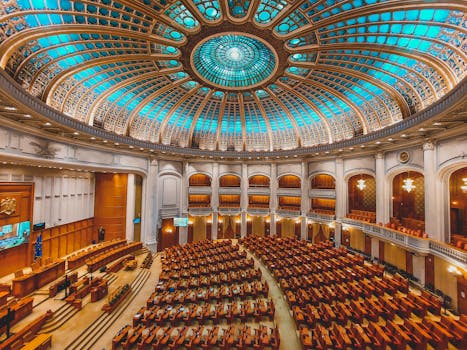You may need to do a degree or a job-specific qualification, depending on the department you want to work in.
Subjects include:
- town planning
- urban design
- historic building conservation
- housing
Entry requirements
You'll usually need:
- 2 to 3 A levels, or equivalent, for a degree




